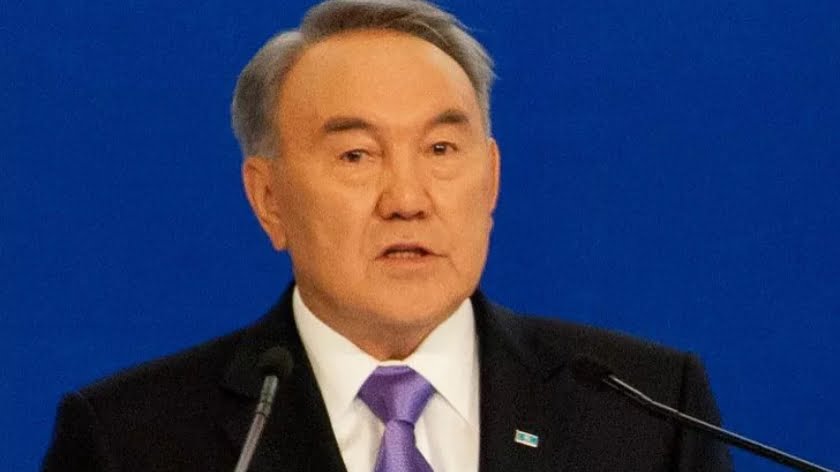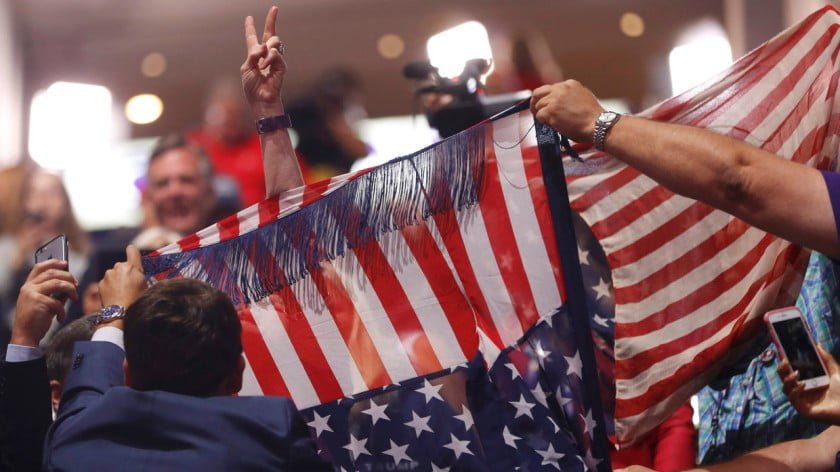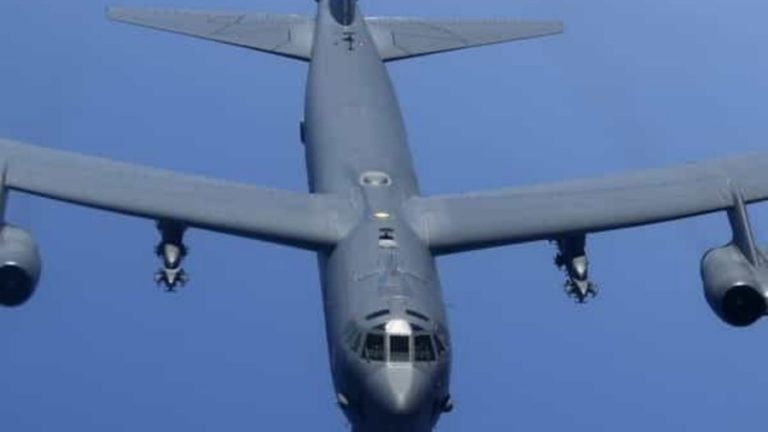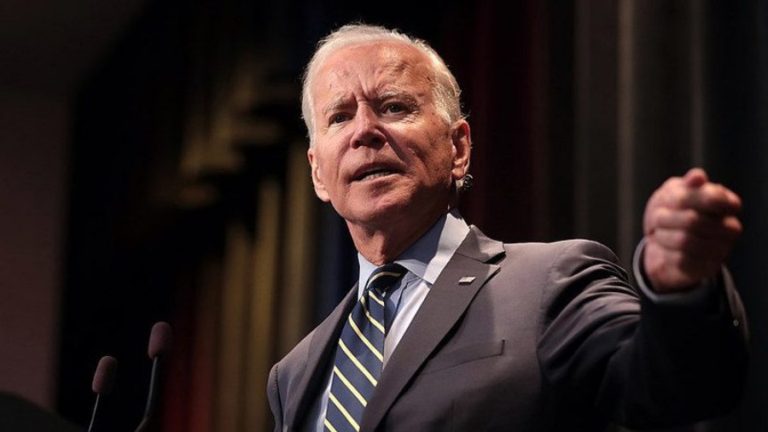Kazakh President Nazarbayev’s Resignation Is No Cause for Alarm (Just Yet)
The timing of elderly Kazakh President Nursultan Nazarbayev’s resignation took many observers by surprise even if the event itself shouldn’t have been unexpected, but there aren’t any credible grounds for speculating that this development will lead to any profound domestic or international changes, at least not yet.
The Inevitable Transition Begins
Elderly Kazakh President Nursultan Nazarbayev abruptly resigned from his post on Tuesday but importantly retained his influential positions as the chairman of both the ruling party and the Security Council, with his interim successor Kassym-Jomart Tokayev vowing to retain the foreign policy trajectory of his country’s first president. That’s not surprising given the two important roles that Nazarbayev still holds, and it shouldn’t be expected that this rising Central Asian powerhouse will undertake any profound domestic or international policy shifts in the near future or even after the next elections in April 2020.
The Responsible Statesman
It’s still too early to confidently predict whether Tokayev – the Speaker of the Kazakhstani Senate who earlier served as the United Nations Under Secretary-General, Chairman of the third and fourth Senates, Kazakhstan’s Prime Minister, State Secretary, and Foreign Minister – will run for election and win or whether some of the several figures that Reuters reported on would do so instead and succeed him, but one can nevertheless make some observations about the state of the country’s permanent military, intelligence, and diplomatic bureaucracies (“deep state”) based on how this “phased leadership transition” is already unfolding.
It’s clear that Nazarbayev behaved responsibly in resigning before health or possibly other unforeseen circumstances put pressure on him to do so in a scandalous context, as he evidently didn’t want to sully his proud legacy as the “Father of the Nation” and go out in disgrace or on a polarizing note. By gracefully stepping down in advance of any of that – unlike some of his long-serving African counterparts whose uncertain health has fed into increasingly emboldened political opposition to their rule (Algeria, Cameroon) – Nazabaryev put aside his personal ego and proved that he had already prepared for this eventuality.
Everything seems to be going smoothly so far and the entire nation is firmly in support of his decision even if the vast majority of the population wished that he could visibly remain their leader for longer, though they’re also applauding him for stepping back from the scene and actively working with the “deep state” through the ruling party and the Security Council to ensure that his domestic and international legacies are indefinitely institutionalized. Speaking of which, a few points should be made about how Nazarbayev will be remembered by his countrymen and the world.
Nazarbayev The “Balancer”
Firstly, he did more than any Kazakh in modern history to promote his people’s language and culture, though in an inclusive, non-chauvinist way that respects the rights of the minority Russian population largely concentrated along the Siberian borderland region and therefore avoided the nationalistic pitfalls of many post-Soviet leaders in similar situations. He also prudently invested his country’s energy wealth into sustainable socio-economic development projects that have contributed to making Kazakhstan the regional leader in all respects. As a result, he was able to firmly position his country as a bridge between East and West and the ultimate “balancing” actor between them.
Not discriminating against any of his nation’s main partners, Nazarbayev sought equally close relations with Russia, China, the EU, and the US, and his capital city is now internationally renowned for hosting the Astana peace talks for Syria. His visionary ideas about post-Soviet integration processes paved the way for the eventual Russian-led Eurasian Economic Union (EAU), and being the geopolitical realistic that he is, he also sought to take advantage of his country’s location to transform it into the Silk Road bridge between Russia and China, which correspondingly endows Kazakhstan with a global strategic significance that makes it even more attractive to extra-regional partners.
His traditional win-win outlook is the opposite of the zero-sum one that used to characterize International Relations and therefore places him and his country at the forefront of the 21st century’s political processes, an objectively enviable place from which none of his possible successors are expected to want to leave by risking any radical modifications to the grand strategy that got them there. Even in the event that some elements of the American “deep state” seek to negatively influence the “phased leadership transition” in the country in order to offset this trajectory, it’s extremely unlikely that they’ll succeed.
“Black Swans”
That said, there are four possibly interconnected “black swan” scenarios that might be “indigenously spontaneous” and/or influenced from abroad and which could throw the country into chaotic uncertainty during this sensitive time. They were analyzed at length in the third, fourth, and fifth parts of the author’s spring 2016 HybridWar analysis about attendant threats to the Eurasian Heartland and are: an outbreak of terrorism in the country (such as what briefly happened in summer 2016); an incipient Color Revolution; separatist rumblings in the majority-Russian-populated borderland; and the specter of a “Greater Uzbekistan”.
The first two scenarios are self-explanatory but the latter two require some contextual background to properly understand. As the author wrote three years ago, Western-affiliated NGOs might try to stir communal tensions in the northern part of the country so as to provoke an international crisis between Russia and Kazakhstan by exploiting the weaponized but nevertheless misleading optics of a Crimean-like scenario, which could possibly occur concurrently with radicalized segments of the Uzbek minority in the southern borderland regions doing the same (potentially influenced by Daesh to build an Uzbek-led “caliphate” in the region).
Those more geopolitically impactful aforementioned scenarios appear unlikely at the moment but could be given a boost in the event that an outbreak of terrorism and/or an incipient Color Revolution occurs in the midst of the ongoing “phased leadership transition”, though the state is nevertheless well-equipped and very experienced in handling crisis situations (both on its own and in coordination with the CSTO and SCO) so there’s a high chance that it would surmount those difficulties if they do indeed occur. As such, there aren’t any serious reasons at this moment to fear those scenarios.
Concluding Thoughts
In light of Nazarbayev’s latest announcement, it can be said that he behaved like all responsible statesmen should do and set an important example for his international counterparts further abroad in Africa and even closer to home like in Tajikistan about the proper way to initiate “phased leadership transitions” after presiding over a country for decades. There are no credible grounds for predicting that Kazakhstan will stray from its grand strategy of “balancing” no matter who ultimately succeeds him after next April’s elections, and the chance of “black swan” scenarios offsetting that are low. Therefore, it can be predicted that Kazakhstan will remain stable and continue to play its pivotal geostrategic role.
By Andrew Korybko
Source: Eurasia Future







